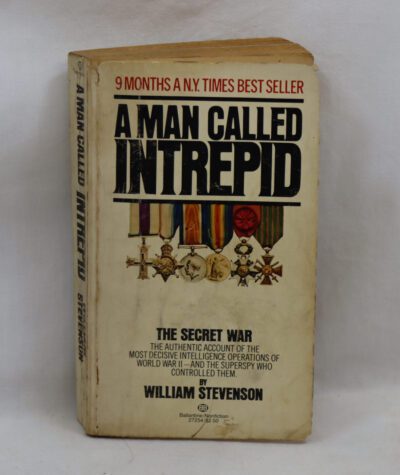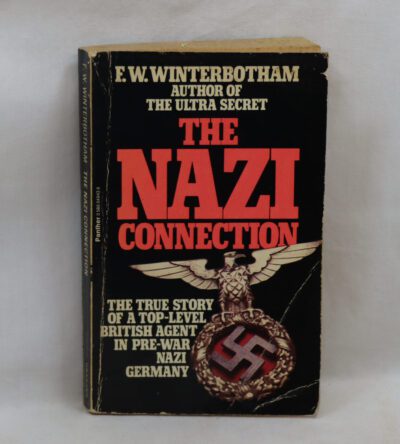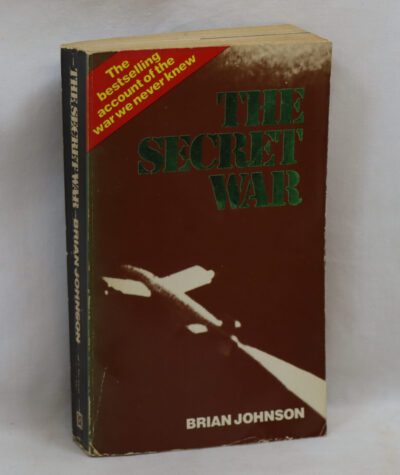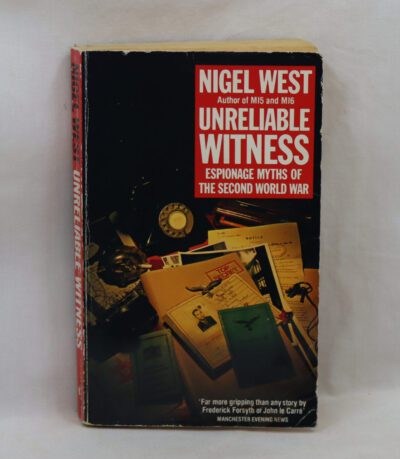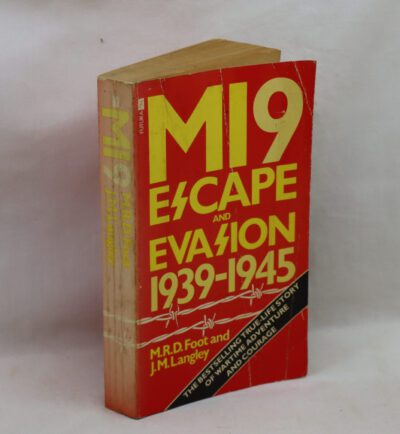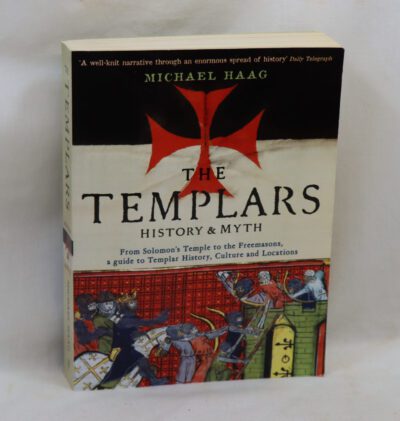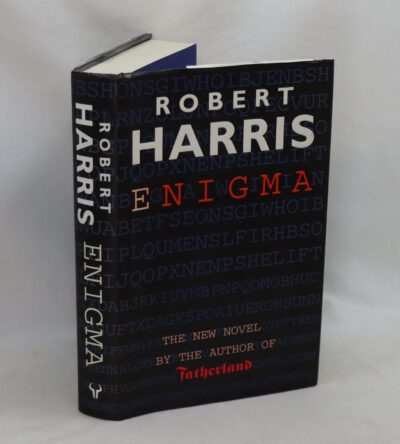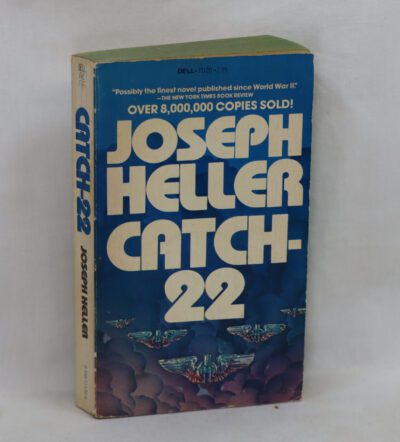Victoria Cross Heroes.
By Michael Ashcroft
ISBN: 9781785901409
Printed: 2006
Publisher: Headline Review. London
Edition: First editon
| Dimensions | 17 × 24 × 4 cm |
|---|---|
| Language |
Language: English
Size (cminches): 17 x 24 x 4
Condition: Fine (See explanation of ratings)
Item information
Description
In the original dustsheet. Red cloth binding with gilt title on the spine.
F.B.A. provides an in-depth photographic presentation of this item to stimulate your feeling and touch. More traditional book descriptions are immediately available.
VICTORIA CROSS HEROES tells the stories of over 150 individuals whose bravery has earned them the Victoria Cross, Britain’s most prestigious medal for courage in action. The book is introduced by Michael Ashcroft, who owns over ten per cent of all VCs ever awarded. He explains the history of the medal and the story of his fascination with it. The main text of the book tells the stories of both those recipients whose medals are in his collection and those whose stories featured in the television series. Each chapter covers a different conflict, from the Crimean War to Iraq.
Review: Lord Michael Ashcroft is, as much as any civilian, well-qualified to write a history of the Victoria Cross and its recipient. He has held an interest in them for decades and owns 142. This book, published in Britain in 2006 but only recently made available in the US, is 335 pages long and available in both hardcover and paperback. I purchased the former, since I’ve always felt that a sturdy hardback is better than any more flexible paperback. For such a subject as the legendary Victoria Cross, a hardcover is most appropriate. It is tough and unyielding, just like the men who have received it.
The Victoria Cross is the world’s most renowned medal for valour. In more than 150 years of British military history, it has been awarded 1,356 times. It is extremely difficult to earn one now- 13 have been awarded since World War II- and the prestige of the medal has only increased with its rarity. This stands in contrast to the Hero of the Soviet Union, which in only 57 years was awarded nearly 13,000 times. Even the Medal of Honor– which has now been awarded for the second time since Vietnam- has been awarded more than 3,000 times. The VC is, even today, the highest honour any British or Australian citizen can receive in military service, and in the past, it was awarded to the citizens of even more countries. No other medal has been so rarely awarded to such a wide range of people.
Now, then- the book. Ashcroft did outstanding work researching the book, simply enough. He details well the origins of the VC, how it would have become the Military Order of Victoria- yet another fancy order- had Queen Victoria herself not rejected the idea. Prior to starting in on the actual medal itself, however, Lord Ashcroft writes of his own history regarding the Victoria Cross, his almost life-long fascination with it and the heroism of its holders. There is also a foreword from His Royal Highness the Prince of Wales, which is interesting to read just as Lord Ashcroft’s foreword is. It also says, to me at least, how legitimate a work this book really is. HRH would not have spent any time on it if he did not think Ashcroft’s book was up to snuff.
Not every VC recipient is mentioned in detail, understand, but more than twenty are, including the handful of men who have been awarded the VC twice. Think about that, what it takes just to get the VC once. Twice is beyond incredible.
Ashcroft has detailed recipients in every conflict since the medal’s creation, most notably the defence of Rorke’s Drift in South Africa, during the Zulu War. Eleven VC’s were awarded to about one hundred men, about one VC for every ten soldiers- the most VC’s ever awarded for a single action. What is interesting about the VC- the incredible courage it takes to earn it- is that not every man who has received it was a model soldier. For more than a few, earning the VC was the only notable thing they ever did.
One veteran of Rorke’s Drift died penniless- his VC was his only possession of note. Another, John Chard, brilliantly commanded the defence of Rorke’s Drift but was seen before the battle as an incompetent, unremarkable officer by his superiors. The VC he earned saved his career, rocketing him from Lieutenant to Major in the aftermath of the battle, and probably had a lot to do with Chard retiring as a Colonel. But even after Rorke’s Drift, Ashcroft notes, Chard was still regarded as an idiot. He was clearly no coward- no VC holder could ever be accused of that- but perhaps not an especially smart man or above-average soldier. That is the one detail that must be remembered, in learning about medals like the Victoria Cross. The medal is inscribed, “For Valour”. Not for brains, military or strategic proficiency, or anything else.
Valour. Lord Michael Ashcroft has done truly magnificent work here, and I cannot recommend his book too highly. He treats the book’s subject matter with great respect, just as he should, and even seems to regard the VC with a kind of awe- just as so many do, including myself. I look forward to reading his parallel book, “George Cross Heroes”. If you have an interest in the top awards for military gallantry, I recommend you add this book to your collection. It has made a fine addition to mine.
Want to know more about this item?

Share this Page with a friend



